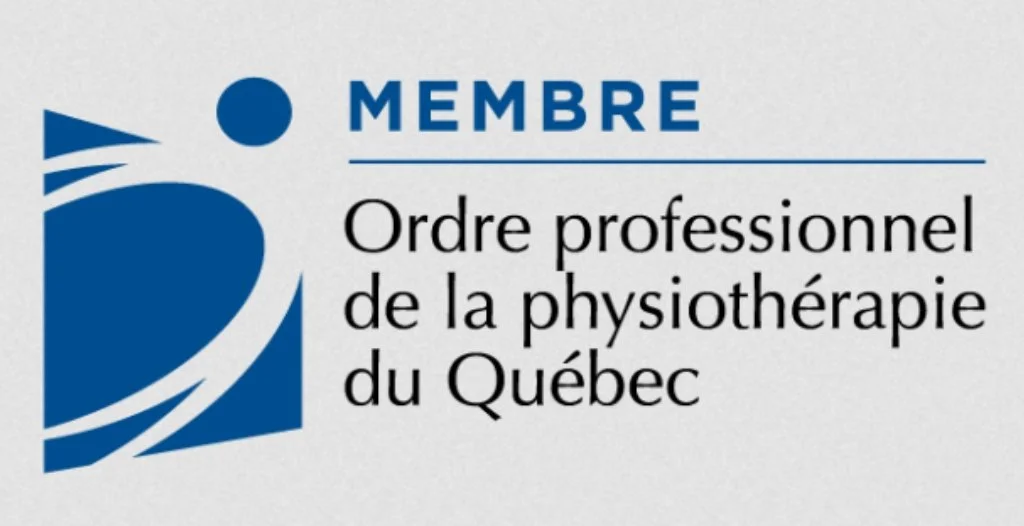What is pelvic floor physiotherapy? It is the field of physiotherapy that aims to strengthen and optimize the functioning of the pelvic floor. The pelvic floor is the group of muscles, tendons, fascia (connective tissue), and ligaments that are located at the bottom of the pelvis. Its functions include:
1) urinary and fecal continence
2) support for the pelvic organs (bladder, uterus, vagina, prostate, rectum)
3) sexual function
4) participation in breathing (synchronized movement with the diaphragm)
5) one of the stabilizers of the trunk and of intra-abdominal pressure (part of the core)
When there is weakness, abnormal tone, surgery, or injury that occurs in this region, it can affect one or more of its functions. Pelvic floor physiotherapy helps to address these issues through specific exercises, patient education regarding their case, and external or internal manual techniques. This domain of physiotherapy can treat various conditions:
incontinence
pelvic and genital pain
urinary issues
sexual dysfunctions
pelvic organ prolapse
post-partum
post-pelvic surgery
post-prostatectomy
Due to taboos and misconceptions surrounding the pelvic and perineal area, there are multitudes who live with problems in this important part of the body. For more information, ask a doctor or a physiotherapist.
514-963-0519
francisphysio1@gmail.com
francisphysio.com
